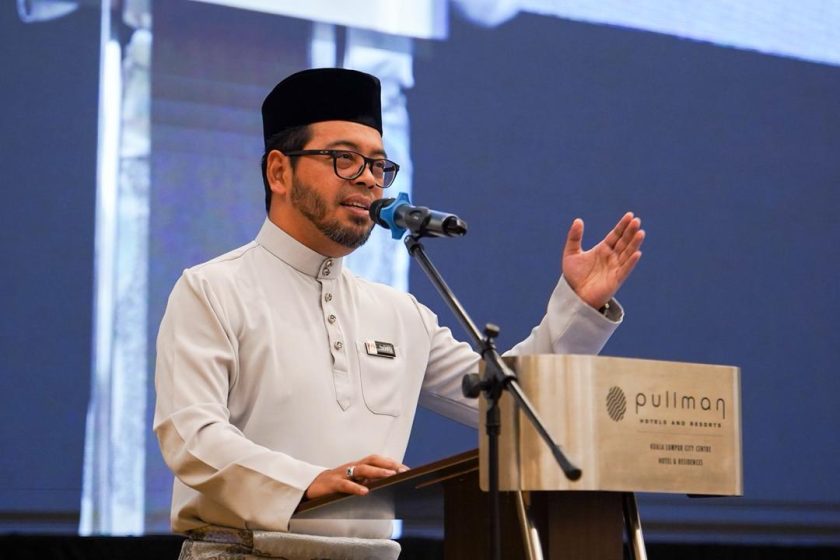Malaysia has tightened scrutiny on halal compliance in its poultry sector after seizing 14,000 packages of frozen chicken imported from China.
The shipment, intercepted by Perak Customs at Pork Klang on August 12, displayed both the Department of Islamic Development Malaysia (Jakim) halal logo and the MeSTI food safety label.
Authorities are now investigating potential misuse of certification marks.
Jakim urges vigilance on halal standards
Zulkifli Hasan, Deputy Minister in the Prime Minister’s Department (Religious Affairs), urged consumers and food businesses to ensure products are halal-certified by Jakim.
The agency’s standards are among the most respected globally, he said.
“We leave enforcement to the authorities. What matters is that businesses and consumers prioritize proper halal certification. Verifying information is crucial to avoid disruptions to public confidence,” Dr Zulkifli said.
Poultry’s strategic role
Malaysia ranks among Southeast Asia’s top poultry producers, with self-sufficiency levels above 98% for chicken and eggs.
Poultry is the most consumed protein in the country, with annual per capita consumption exceeding 50kg. The sector is dominated by integrated players like QL Resources, Leong Hup International, CAB Cakaran, Huat Lai, Lay Hong and Teo Seng, which manage the full supply chain—from feedmilling to retail.
This structure gives strong control over biosecurity, food safety, and halal compliance—key advantages in the international market.
While exports are modest compared with Thailand, Malaysia’s halal credentials help position it as a trusted niche supplier to Muslim-majority markets.
Jakim certification boosts trade access
Jakim’s halal certification—covering slaughter, feed, handling, logistics, and processing—is regarded among the strictest in the world.
More than 80 foreign halal authorities recognize Jakim’s standards, giving Malaysian producers a competitive advantage in accessing export markets.
This certification framework is central to Malaysia’s role as a regional halal hub, and aligns with the government’s Malaysia Halal 2.0 strategy. The recent seizure highlights the risks of counterfeit halal claims, which could erode consumer trust and Malaysia’s reputation if left unchecked.
Regional competition in Asean
Malaysia faces strong competition from Thailand and Indonesia in poultry exports.
Thailand leads the region, leveraging efficiency and scale to dominate markets like Japan and Europe.
Meanwhile, Indonesia has ambitions to expand its halal-certified poultry exports, particularly to the Middle East, backed by its large domestic production.
Malaysia’s competitive edge lies in branding, certification integrity, and consumer trust. It has positioned itself as a premium halal producer, particularly for processed poultry products, ready-to-eat meals, and in niche markets where halal integrity is paramount.
Observers suggest Malaysia could strengthen its Asean position by improving production efficiency and reducing feed costs tied to imported corn and soybean meal.
Joint halal certification partnerships with regional neighbors may also expand market share.
Safeguarding Malaysia’s halal reputation
The Port Klang seizure underlines the importance of vigilance in maintaining Malaysia’s halal credibility.
As demand for halal-certified poultry grows—driven by rising incomes and expanding Muslim populations across Asia and the Middle East—Malaysia’s strict enforcement and certification standards remain its strongest tools for ensuring market confidence.
For poultry operators, compliance with Jakim standards is key—not just for domestic trust but for Malaysia’s competitiveness in the USD 2 trillion global halal economy.

